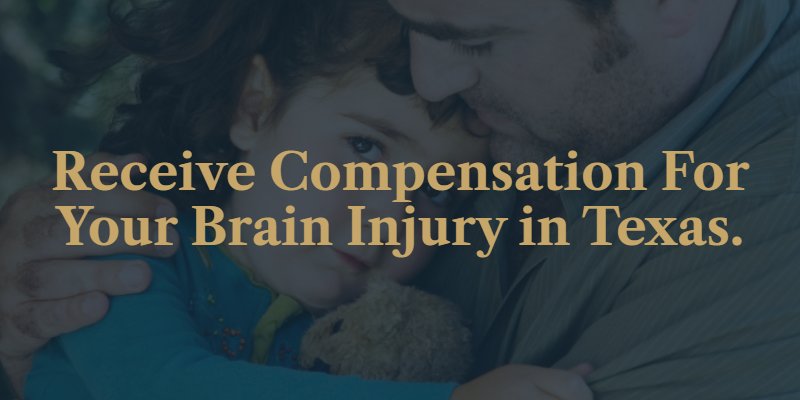Every parent’s worst nightmare is witnessing their child sustain an injury. Amid the flurry of emotions and worry that accompany such incidents, it’s crucial to identify potential health complications. One such silent threat is a concussion: a type of traumatic brain injury (TBI) caused by a bump, blow, or jolt to the head.
Common Causes of Childhood Concussions
Children are prone to head injuries, thanks to their boundless energy and innate curiosity. In many cases, these injuries occur during recreation activities. Engaging in sports, especially high-contact activities like football or hockey, can heighten the risk of a concussion.
Falling from playground equipment, bicycles, or while running can also lead to a concussion if the head strikes the ground or a hard surface or object. Being involved in car accidents, even minor ones, can result in a traumatic brain injury. Children may also sustain concussions from other unexpected events, like getting hit by an object or being assaulted or abused by another person.
Symptoms of Concussions in Children
Recognizing the symptoms of head trauma in children is key to ensuring prompt and adequate care. If your child has developed a concussion, you may notice the following signs and symptoms:
- Dizziness
- Fatigue
- Headaches
- Irritability
- Changes in sleep patterns, such as sleeping too much or too little
- Trouble with thinking skills, such as memory and attention
However, when it comes to infants and toddlers, detecting a concussion can be more challenging as they can’t verbally express their discomfort. Here are some signs to look out for:
- A dazed appearance
- Listlessness and fatigue
- Increased irritability and crankiness
- Unsteady walking or loss of balance
- Excessive crying
- Changes in eating or sleeping patterns
- Disinterest in their favorite toys
- Vomiting
- Seizures

What to Do If You Suspect Your Child Has a Concussion
After any type of head injury, it is important to seek medical attention, even if it appears minor. This will help rule out the chances of a concussion and address any potential complications. If your child exhibits any of the following symptoms, call 911 and seek emergency treatment as soon as possible:
- Seizures
- Inability to recognize familiar faces or places
- Loss of consciousness, even momentarily
- Pupils of unequal size
- Slurred speech
- Excessive drowsiness or inability to be woken from sleep
- Repetitive vomiting
- Persistent crying that cannot be consoled
Legal Options for Children Who Suffered Concussions
Accidents happen, but if your child’s concussion resulted from someone else’s negligence or intent, it’s essential to know your legal rights. Depending on the cause of the concussion, you could file a lawsuit or an insurance claim against the person or entity responsible for your child’s injury. For example:
- If the concussion occurred during a car accident, you could file a claim against the driver responsible for the crash.
- If the concussion was caused by a defective product, you could file a product liability lawsuit against the item’s manufacturer.
- If your child slipped and fell due to a hazard on someone else’s property, you could initiate a lawsuit against the property’s owner.
These legal claims can be complex, but they can provide much-needed financial relief and closure for the child and his or her family. If you believe that your child is eligible for a brain injury lawsuit, contact a McAllen personal injury lawyer as soon as possible to discuss your case and take your first steps toward justice.

